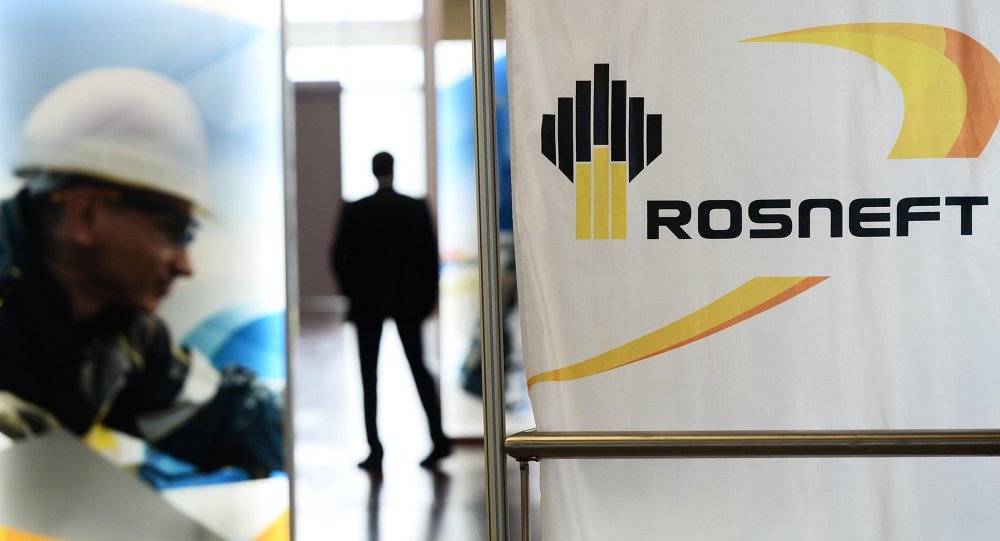
Chinese oil companies could take part in the privatization of the Russian oil giant Rosneft if the government offered attractive prices for the state-held assets, experts told.
According to Kirill Tachennikov, a senior oil and gas analyst with BCS Financial Group, Moscow would allow Chinese businesses to purchase shares in Rosneft.
“Chinese companies may be admitted to the privatization. Rosneft has already been selling stakes in its subsidiaries to Chinese investors,” Tachennikov told.
He added that Chinese interest in purchasing Rosneft shares would largely depend on the share price offered by Moscow.
“Given that the number of potential buyers of this stake is limited due to the sanctions regime, I doubt that the price of $8.12 per share will seem attractive to the Chinese side,” Tachennikov pointed out.
According to an order signed in November 2014 by Russian Prime Minister Dmitry Medvedev, the Rosneft shares to be privatized cannot be sold for anything less than the initial public offering (IPO) of $8.12 per share. Rosneft’s current share price is just above $4, due largely to the current weakness of the ruble.
Ildar Davletshin, an oil & gas analyst with Renaissance Capital investment banking firm, also believes that the share price of $8.12 is unlikely to draw interest from buyers.
“In terms of dividends, buying shares for $8.12 bodes a very low yield. I think the Chinese will demand that the price be decreased,” Davletshin told Sputnik, adding that the Russian side could attempt to attract Chinese partners by offering access to projects in Russia, or increasing Chinese participation in the production, refining and transportation of Russian oil.
Professor Keun-Wook Paik, an associate fellow of the Energy, Environment and Resources department at Chatham House independent policy institute told Sputnik that Rosneft’s equity buyout “was, is, and will be” of interest to China.
However, he stressed that the oil price collapse has made it difficult to offer an optimally evaluated price that could satisfy mutual expectations.
“If the oil price at the end of 2016 returns to 70 dollars per barrel, the chance of compromise between the two entities will be much higher,” the expert concluded.
Rosneft is the leader of Russia’s petroleum industry. The company’s activities include hydrocarbon exploration and production, upstream offshore projects, hydrocarbon refining, and crude oil, gas and product marketing in Russia and abroad.
Currently, the company’s main shareholder (69.5 percent) is the state-owned Rosneftegaz.